So it wasn’t by accident that this city was chosen to serve as the headquarters for our company – given its history alone. The region situated in the Wupper valley was once one of the largest economic centres on the European continent and one of Germany’s first industrial regions. Records show that textiles have been manufactured and bleached here since 1450. A prosperous, multifaceted textile industry based on the bleaching and subsequent dyeing of yarn in the water of the Wupper sprouted up on the valley meadows.
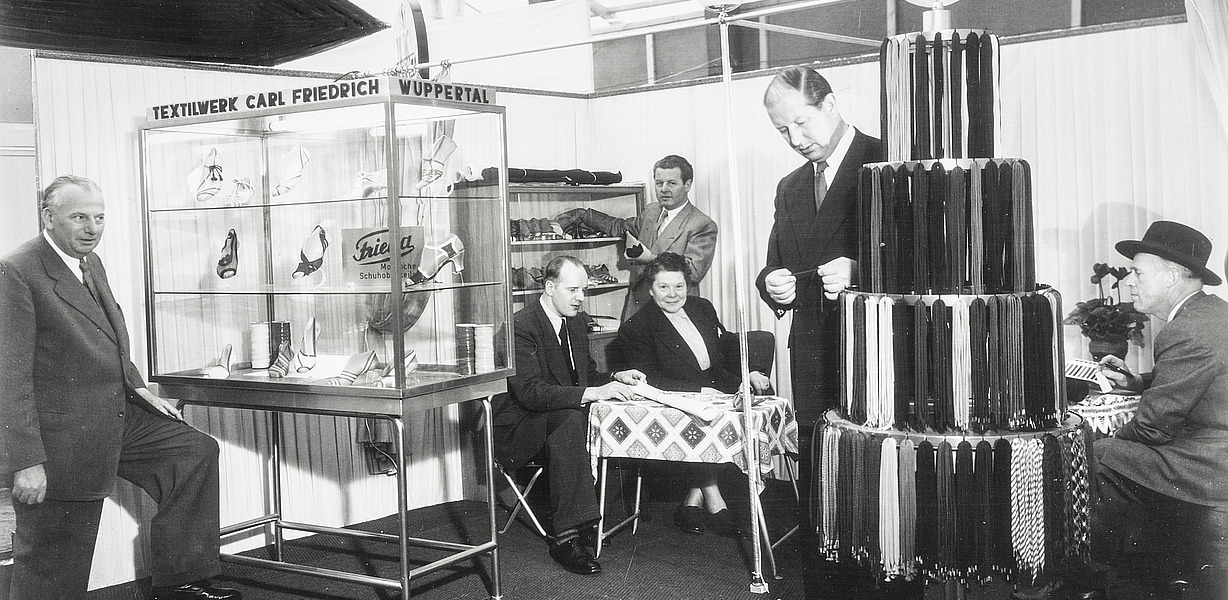
Barmer articles
These sought-after regional products, still widely known as “Barmer Artikel”, were shipped to all corners of the world. They included, among other things, tapes, cords, braids, bobbin lace, and many other products. In the second half of the 18th century, braiding emerged as its own branch of industry in Barmen. The first braided articles included shoe laces, which were first made by hand and later on bobbin machines. Over time, the Barmer textile machine industry developed specialised bobbin and braiding machines that were capable of processing all types of thread.
Carl Johann Friedrich, the founder of FRIEBA, was a trained machinist, a savvy businessman, and passionate inventor. The Barmer local born in 1887 registered countless patents over the course of his life. When he decided to take over Riemendreherei Wilh. & Rud. Müller at the age of 32, he already had a large network of business contacts in the textile industry. In 1925, he had the company, initially registered as “Maschinenfabrik Carl Friedrich in Barmen”, renamed “Textilwerk Carl Friedrich Barmen”. The FRIEBA brand name that is known today is an abbreviation of his family name and the past location in Barmen (FRIEdrich BArmen).
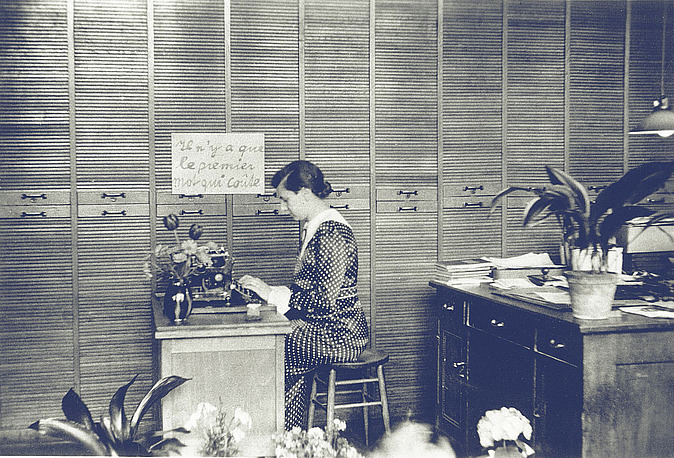
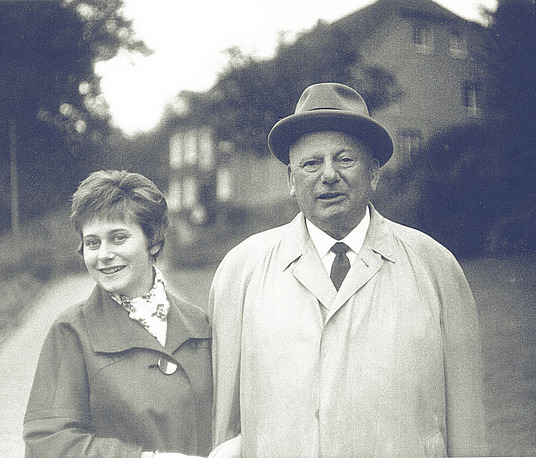
Success in export
In his factory, Carl Friedrich primarily manufactured laces, plaits, edging, lacquered braids, leather straps, straps for high-heeled sandals, and other semi-finished goods mainly used for shoe production – with considerable success: By 1929, FRIEBA was exporting nearly 20 per cent of its total production volume abroad. FRIEBA also participated in the Internationale Schuhmesse (IMS/International Shoe Trade Show) in Pirmasens, Rhineland Palatinate, which began in 1955.
The company made it through the challenging post-war era without any major economic setbacks. This is due not lastly to the fact that it employed a relatively small number of skilled employees as permanent staff. Friedrich assigned the bulk of production work to homeworkers in the region.
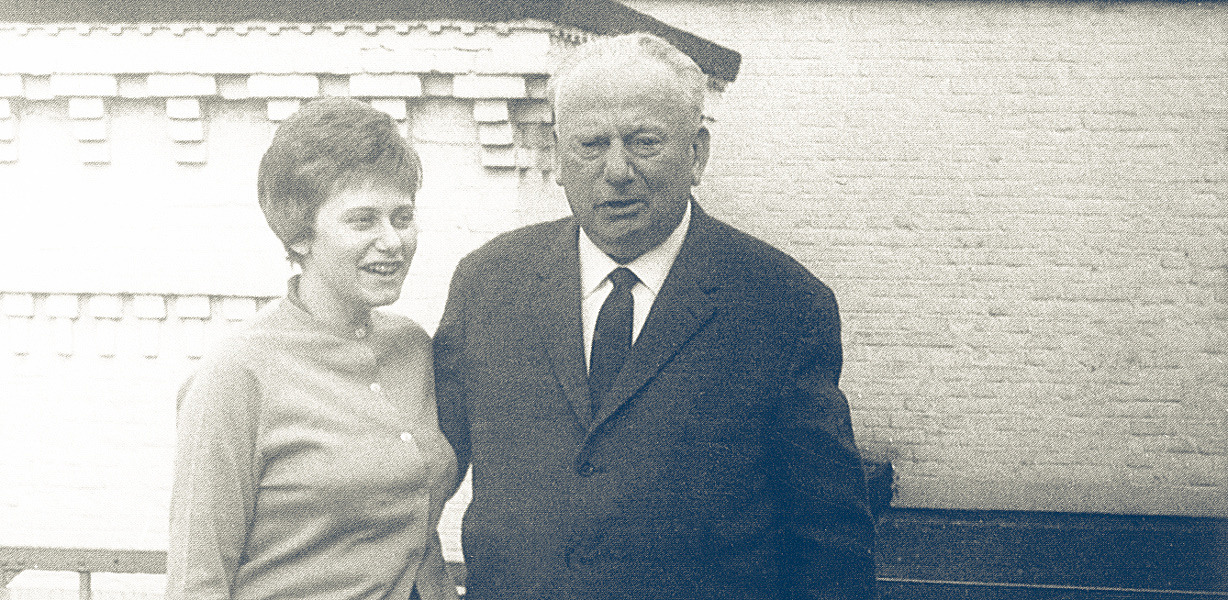
New approaches to textile production
In June 1970, the founder passed away leaving the company to his two granddaughters, Ingeborg Markowski and Annegret Jarminowski, after whom the subsequently founded MAJA Beteiligungsgesellschaft is named. Jürgen Solenski, who has worked there since 1967, becomes the new managing director of the GmbH & Co. This is a period of transition for the tape and braiding industry. The industry once limited solely to the supply of articles develops new found confidence. Changes to production processes for footwear make semi-finished products obsolete. This calls for innovative spirit within the industry.
FRIEBA also breaks new ground, aligning itself to an increasing degree with the clothing industry. The company now acts as a partner and is accepted as one. Independent design and creative collaboration with customers becomes a major focus of its work. Jürgen Solenski guides FRIEBA into the new era. Among other things, he arranges for FRIEBA to take part in Interstoff Frankfurt which opens its doors in the mid-1970s.
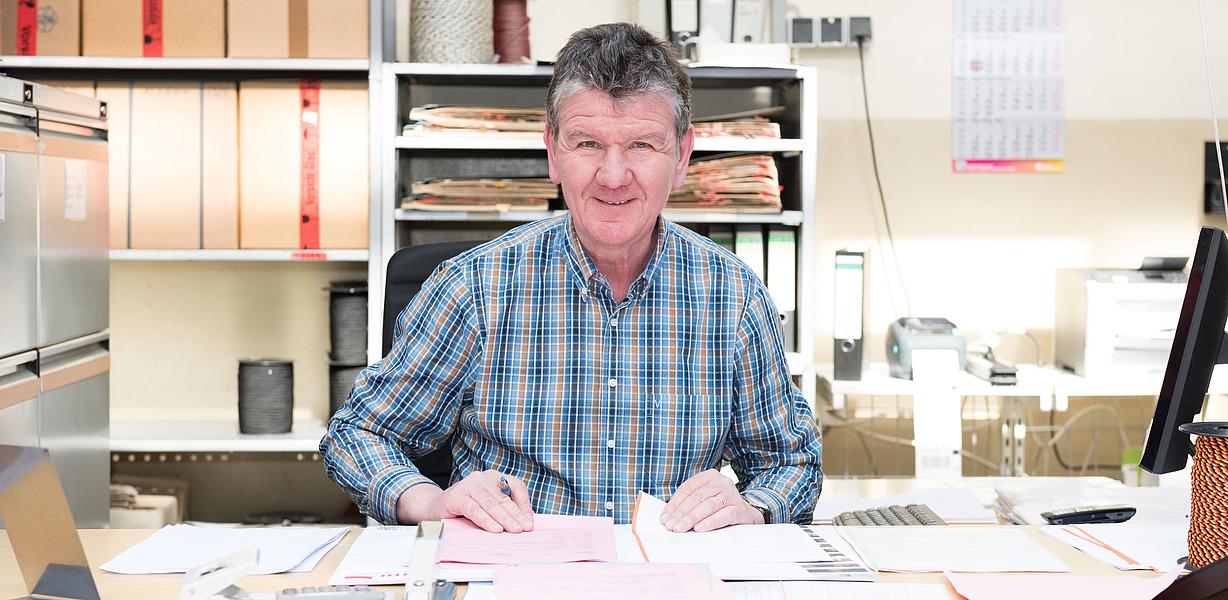
Munich Fabric Start and Première Vision
In the years to come, presenting at trade shows becomes the preferred way to kick off the upcoming season. Beginning in the fall of 1996, the company moves from Interstoff to the newly founded Munich Fabric Start. The trade show which began with a mere 50 exhibitors has grown to nearly 950 international exhibitors today becoming one of the most important fashion trade shows in Europe. From 1997 on, FRIEBA is also represented at the Première Vision in Paris (then Mod’Amont).
Since January 2004, Uwe Hein has occupied the company’s helm as its managing director. In the years to come, its presence within the European territory gradually expands with the addition of new branches. With branches in Germany, but also in Austria, Denmark, France, Great Britain, Italy, the Netherlands, Portugal and Spain, we can now offer our customers extensive consulting that is always nearby. European exports now account for nearly 60 per cent of total business. We also regularly supply more distant locations like Peru,
Mexico, New Zealand, and China.